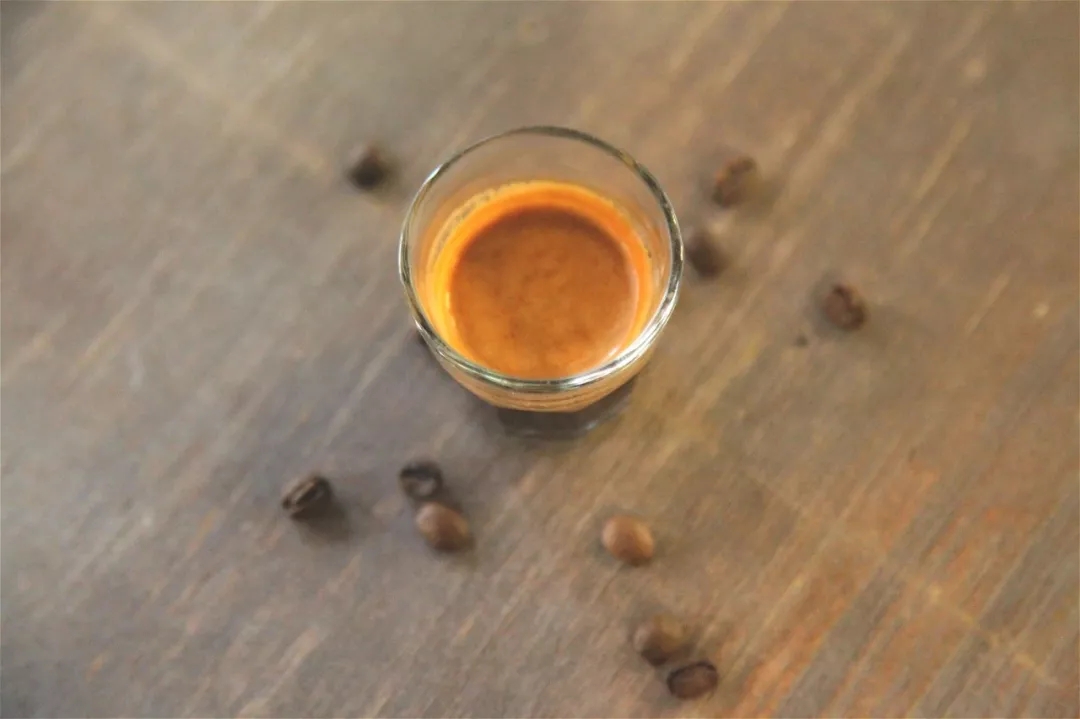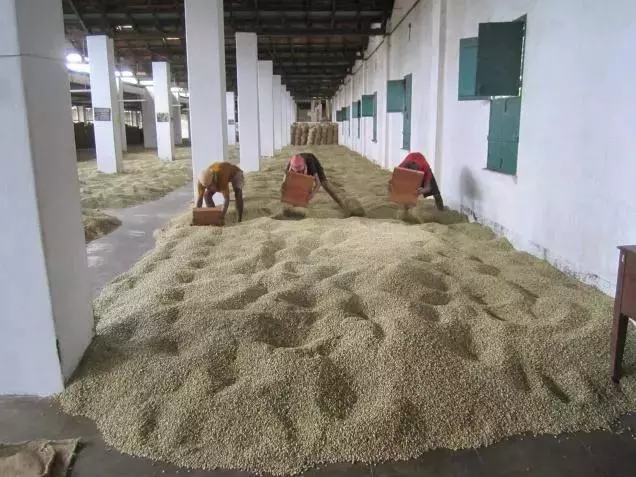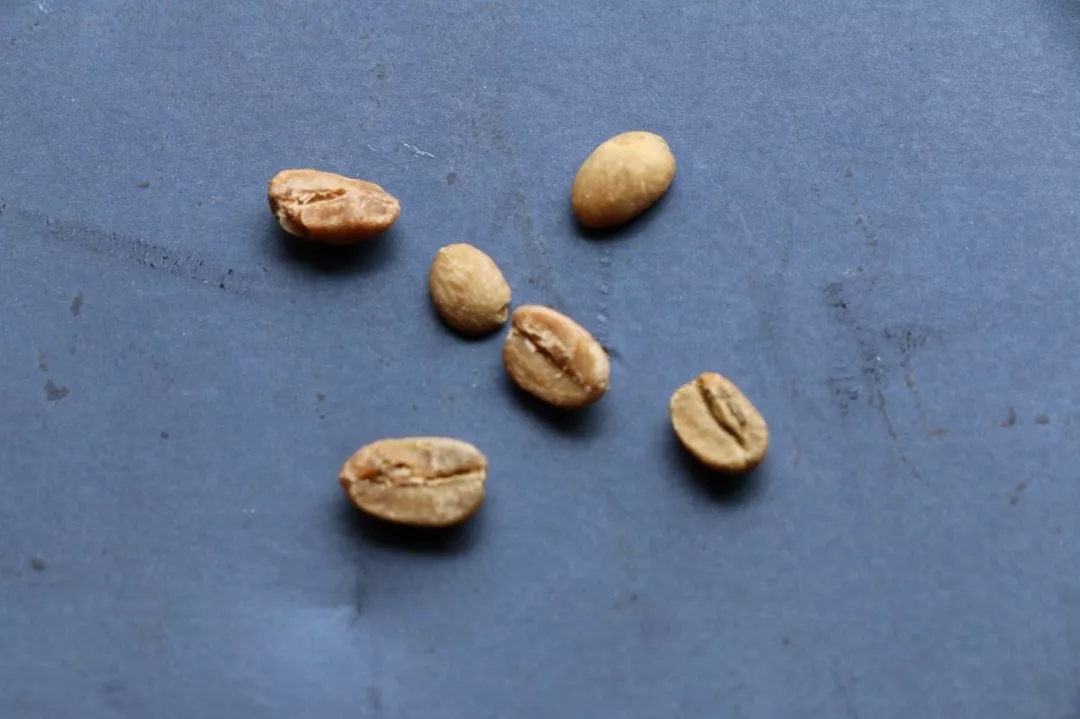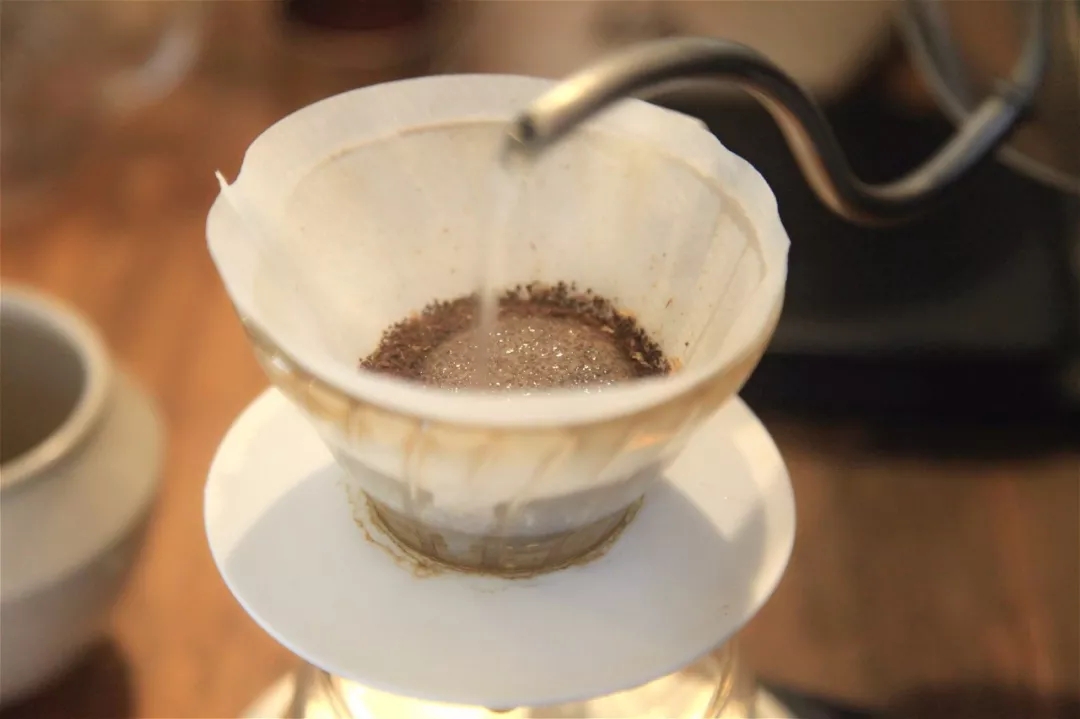Where does the salty taste of coffee come from? Why does espresso taste a little salty?
Professional coffee knowledge exchange more coffee bean information please follow the coffee workshop (Wechat official account cafe_style)
Sometimes it tastes salty after drinking a cup of coffee. Is it your own taste disorder or something wrong with your coffee?
In fact, coffee is not only bitter, but also sour, sweet and salty. The four flavors restrain each other and balance each other. And sweet in a cup of coffee status is still very high! After all, if there is no sweetness, sour becomes bitter, bitter becomes bitter, and saltiness emerges. Since the salty taste itself exists in the coffee, how should we avoid flushing it out?
| the salty taste of coffee
There are also many kinds of salty taste, and the aroma reminds people of saltier foods, such as the smell of too much salt in fried food, and the smell at the bottom of the cup after drinking coffee. Think of salty snacks such as shrimp sticks and Wangxianbei, and so on. And the taste summed up is the taste of salt.

Usually do hand flushing and Italian style will occasionally taste and "smell" to [salty] (smell refers to the smell after grinding), and most of the time, the salty taste is more obvious in Espresso.
Due to the distribution of taste, sour and salty taste, it is easy to be confused, inferior acid and salty taste is difficult to distinguish. But it is different from the salty taste of salt after all. Of course, some beans have an unusually salty taste, which is very close to the salty taste of sea salt.
| | handling method |

Some special treatments will bring this salty taste to the coffee beans. For example, in the method of wind-soaked in India, raw beans are exposed to the moisture of the sea breeze, and the beans become big and yellow, sometimes with the smell of sea salt, and of course, some become salty because of the smell of the sea.
| Coffee beans

The higher the altitude, the greater the temperature difference between day and night, the slower the growth of coffee fruits, and the more sugar accumulated by coffee cherries; the lower the altitude, the more susceptible to disease, so the beans growing at low elevations have higher chlorogenic acid, lower organic acid and sugar content, poor flavor and salty taste.
And varieties that are mixed with Robusta are also prone to salty ignorance. This is because raw Arabica beans contain about twice as much sucrose as robusta beans, so robusta beans are worse in flavor than Arabica beans, and beans with the Luodou gene are more likely to be salty.
| | defective beans |
Immature bean

If the coffee is mixed with unripe beans, it may be salty. This is because the organic acids contained in immature coffee beans are not converted into sugars and are prone to grass, acidity and astringency.

Unripe beans, also known as white beans, are not easy to find in the state of raw beans, but they are obvious after baking. Because the coffee cherry itself may not be fully ripe, or relative to the normal fruit, insufficient nutrient absorption (insufficient sugar accumulation) results in insufficient transformable substances during baking, so the caramelization and Mena reaction of Baimu beans are worse than those of normal beans. As a result, it is not easy to color, and the white beans in the state of cooked beans will be lighter than other beans.
Fermented beans (sour beans)

The content of acetic acid and lactic acid in over-fermented washed beans will be higher. When the acid is too high, it suppresses the sweetness, and the salty taste comes out; while the over-fermented sun bean and honey bean have higher salt and mineral content, and then combine with the dead acid brought by excessive fermentation to highlight the salty taste.
Delayed treatment or improper preservation after harvest will also lead to fermented beans, which will give off a strange smell when baked. If you fall into the coffee, it will make the coffee sour and stinky, which is harmful to your health.
| | Water

Don't think that as long as it's water, you can make a good cup of coffee! About 98% of the coffee is 99% water. The PH value, softness and hardness of water and the total amount of soluble solids in water will affect the flavor of coffee. If the water used for brewing is acidic or the content of calcium and magnesium in the water is too low, the coffee will contain acidity, which happens to be a salty enhancer.
So it is also very important to choose what kind of water to brew coffee. ~ We usually choose water that is neutral and tasteless, can bring out the aroma of coffee, and the water quality is soft and hard.

According to the taste test results of the American Fine Coffee Association (SCAA), the total amount of dissolved solids (TDS) of coffee is the best when it is about 1.5%.
| | roasting degree and freshness of coffee beans |

If the quality of raw coffee beans is not good enough, the sugar content is not high, the acid quality is not too good, or the beans are baked quickly or soon after an explosion, incomplete flavor development and inadequate dehydration lead to coffee beans entrapment. In this way, the coffee is only sour but not sweet, and it is possible to be salty.

The fiber of deep-baked beans is relatively soft, there are many gaps in the internal structure of beans, and the exhaust capacity is strong. Carbon dioxide is relatively easy to take out organic matter during exhaust. At the same time, the content of organic acid in deep-baked beans is less, and the acid is not enough to restrain salty. Therefore, if the coffee beans are deep-roasted and not very fresh, the coffee is easy to be salty.
| | Cooking |

If it is at a high concentration and the extraction rate is low during cooking, you can drink the obvious salty taste. In fact, when making hand-made coffee, the acid is dissolved first, and then the sweet comes out, while the bitter substance appears at the end.

If it is a shallow roasted coffee with insufficient extraction, it has high acidity, not enough sweetness, salty is still there, sour, sweet and bitter are obviously uneven, and high acidity enhances the sense of saltiness, while sweetness not only can not inhibit sour and salty, but is suppressed instead.
Tasting coffee is a very interesting thing, after all, there are a variety of flavors in coffee, there are good and bad, we taste a variety of wonderful flavors, and then continue to learn and improve their own way of brewing, very interesting.
Important Notice :
前街咖啡 FrontStreet Coffee has moved to new addredd:
FrontStreet Coffee Address: 315,Donghua East Road,GuangZhou
Tel:020 38364473
- Prev

What is the effect of coffee powder size on coffee extraction when hand brewing coffee?
Professional coffee knowledge exchange more coffee bean information please follow the coffee workshop (Wechat official account cafe_style) to have a cup of coffee! Choose coffee beans according to your personal taste. There are a variety of coffee beans on the market. If you don't have a specific hobby for coffee, you will be dazzled when you enter the store. It is suggested that you might as well know what kind of coffee you like first, which is heavy flower flavor and fruit flavor.
- Next

The flavor of deep-roasted coffee beans describes how deep-roasted coffee can extract a stronger aroma.
Professional coffee knowledge exchange more coffee bean information Please pay attention to coffee workshop (Wechat official account cafe_style) drinking coffee is really just a way of life, when it comes to coffee, always be careful to say that you don't understand, even if you drink it, you just drink it casually. Whether this cautious attitude is modest or not, whether you know coffee or not is really not that important to most people. Deep
Related
- Beginners will see the "Coffee pull flower" guide!
- What is the difference between ice blog purified milk and ordinary milk coffee?
- Why is the Philippines the largest producer of crops in Liberia?
- For coffee extraction, should the fine powder be retained?
- How does extracted espresso fill pressed powder? How much strength does it take to press the powder?
- How to make jasmine cold extract coffee? Is the jasmine + latte good?
- Will this little toy really make the coffee taste better? How does Lily Drip affect coffee extraction?
- Will the action of slapping the filter cup also affect coffee extraction?
- What's the difference between powder-to-water ratio and powder-to-liquid ratio?
- What is the Ethiopian local species? What does it have to do with Heirloom native species?

